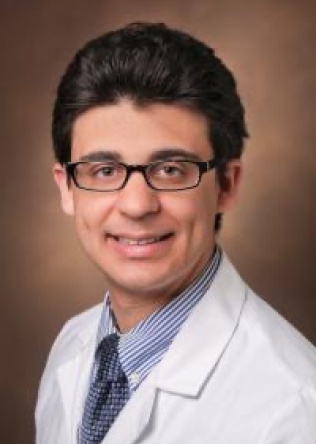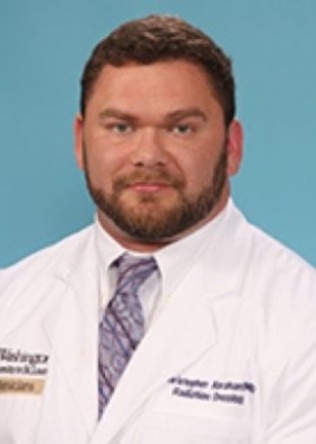Vikas
Jain
HealthIT Architecture & Integration, Vanderbilt University Medical Center
MS Student, Applied Clinical Informatics
vikas.jain@vumc.org
Fall 2020-Spring 2022
I started out as a Health Systems Software engineer at Vanderbilt Medical Center when Health IT was just a startup in the basement of the Eskind Biomedical Library. After working in the Bay Area for years, I gave myself 6-months tops that I wouldn’t survive working in the hospital basement. Then, almost 20 years later, I look back and realize that my interests in technologies and healthcare grew as fast as my kids!
I have a bachelor’s degree in Electronics Engineering from India, and I received my MBA degree from TSU. Over the years at Vanderbilt, I have been involved in many projects as a developer and as a manager. I find a natural convergence of health care and information technology, and managing it is both interesting and challenging. My past project working on computerized prescriber order entry (CPOE) exemplifies just that, we were tasked to deliver value-based care using advanced technologies, securely exchanging sensitive patient data, and even showcasing a touch of artificial intelligence.
In the near future I look forward to working with digitized healthcare data to help find systemic waste, identify people at risk of chronic diseases, utilize technologies like cloud computing, AI, and Natural Language Processing (NLP) to streamline health care delivery, and align it with changing consumer preferences, and to do so fast (and furiously)! I would love to do a project analyzing the rising costs of healthcare and finding ways to tame it. A task that is complicated, but not impossible.
I love hiking, skiing, traveling, losing debates to my kids, serving at the pleasure of my wife, and joking.








